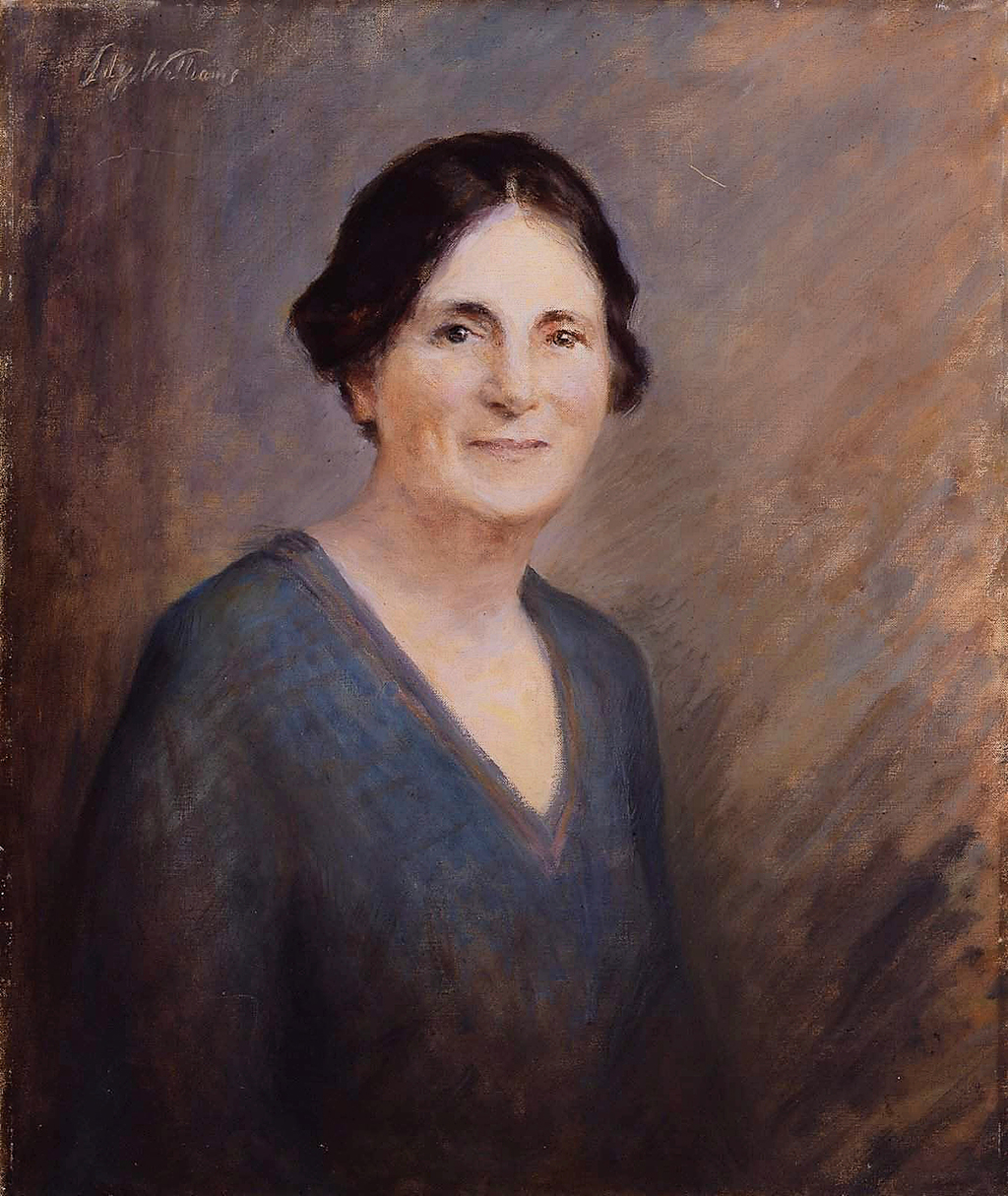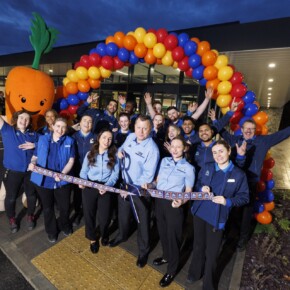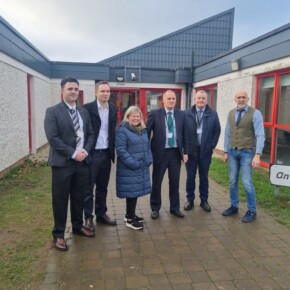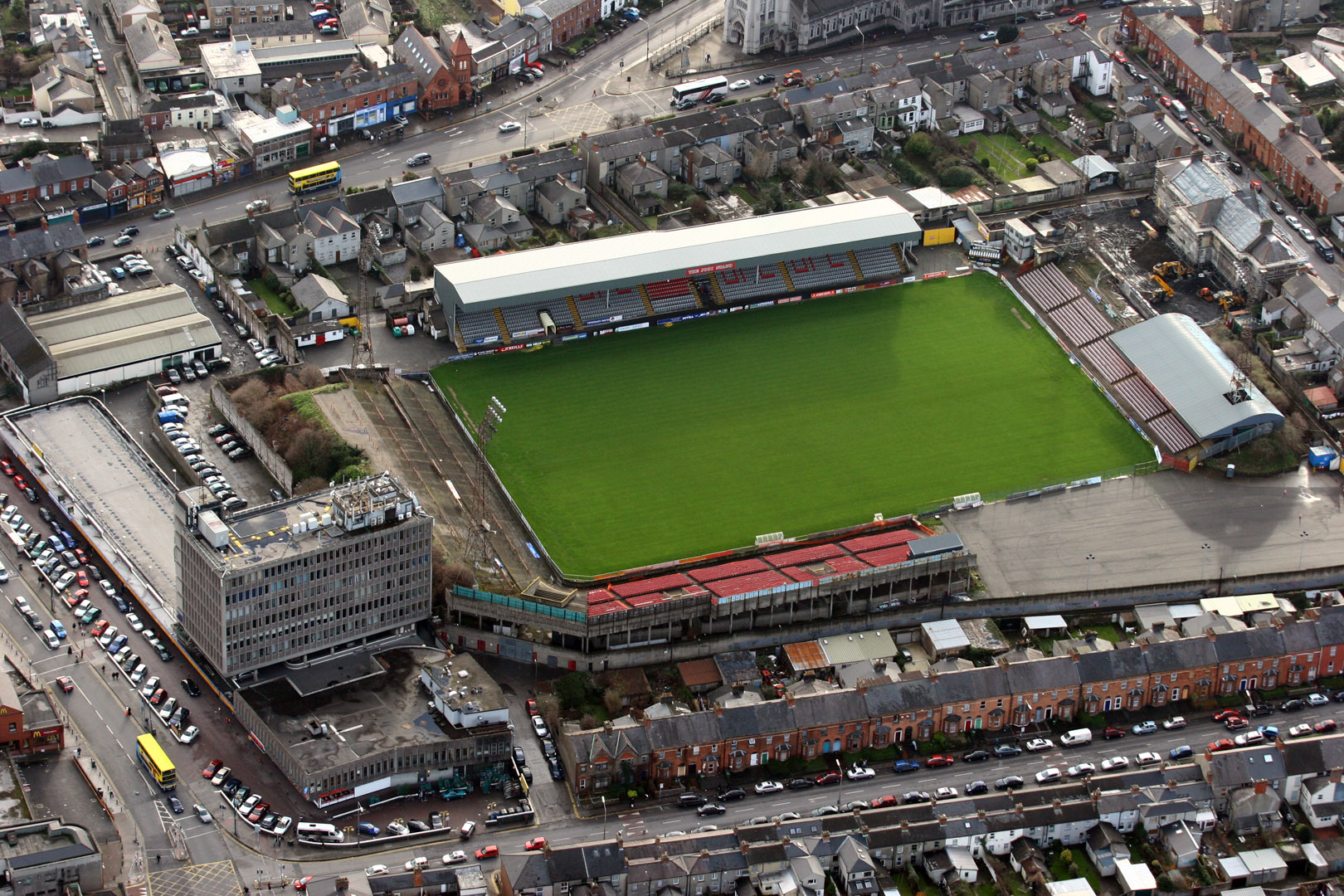Irish Revolutionary is honoured at Deansgrange Cemetery event
Dublin People 22 Nov 2019
A 1916 Relatives Association Commemoration of Dr Kathleen Lynn was held at Deansgrange Cemetery recently to honour the Irish revolutionary
The event was staged to remember and honour Dr Lynn on the anniversary of her death, and to celebrate the centenary of the founding of St Ultan's Hospital for children.
A new stone at the base of her grave was unveiled by Sabina Higgins. The new stone recognises the contribution of Dr Lynn in both the political and medical sphere with the words 'Revolutionary Doctor, Chief Medical Officer of the Irish Citizen Army and Co-Founder of St Ultan's Hospital for Infants'.
The keynote address was given by Professor Mary Horgan, President of the Royal College of Physicians Ireland.
The association was also delighted to welcome two of Dr Lynn’s relatives who travelled from Australia to attend the event.
Dr Kathleen Lynn was one of around 300 women who participated in the 1916 Rising. She was born in 1874 and lived in the townland of Mullafarry, near Killala in Co Mayo, moving to Shrule in Co Longford when she was eight.
Kathleen was from a Protestant Anglo-Irish background; her father was a Church of Ireland Clergyman.
When she qualified as a doctor (one of the first women medical graduates in Ireland) she became aware of the poverty and horrendous living conditions experienced by the majority of people living in the Dublin area.
From then she provided medical care in her home in Belgrave Road, in Rathmines and was also involved in taking care of the families of the men involved in the 1913 Lock Out.
Her first overt political involvement was in the suffrage movement and later on she was asked by James Connolly to join the Irish Citizen Army.
She was appointed by him as its Chief Medical Officer just before the 1916 Rising. She was in the City Hall Garrison during the fighting.
After the Rising, Kathleen Lynn continued her political activity right throughout the War of Independence. She was elected to Rathmines and Rathgar Urban District Council and served for 10 years, working on public health issues such as housing, free school meals and so on.
She was elected to the Dail in 1923 and along with her anti-treaty colleagues she refused to take her seat.
She was a devout Christian and saw no contradiction between her religious and political beliefs. She was a revolutionary in the feminist tradition.
Looking at her life, it seems that irrespective of who was in power or what ideology they represented, her vision would be the same. She wanted to build a society based on the values of real equality for all, free from the conditions of exploitation and poverty in which many Irish people were living at the time.
Between the flu epidemic of 1919 and the increase in the incidence of syphilis as a result of soldiers returning from the First Word War, the need for an infant’s hospital was ever more urgent.
St Ultan’s Hospital opened its doors in May 1919; it was a collective effort led by Kathleen Lynn and her lifelong partner Madeliene Ffrench Mullen.
Right from the start St Ultans’ was a space for innovations in medical treatment and for the prevention of disease.
There were classes for mothers and for welfare workers. A holiday home in Baldoyle was rented for families. Maria Montessori visited St Ultan’s to provide advice and support on child centred medicine.
A proposal to merge St Ultan’s and the National Children’s hospital was strongly opposed by the Archbishop of Dublin and the merger never took place.
It eventually closed in 1983. Dr Kathleen Lynn passed away on September 14, 1955 and buried in Deansgrange Cemetery.











